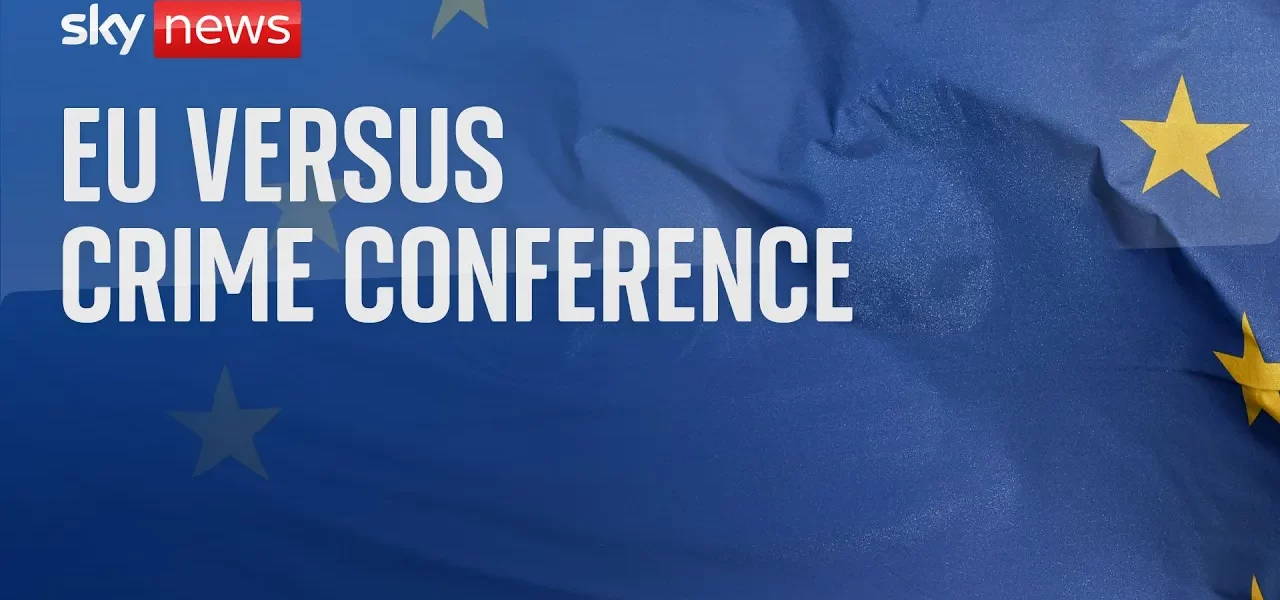Commissioner’s Address on Europol’s 25th Anniversary: Challenges and Strategies

This article delves into the critical issues surrounding organized crime and terrorism as highlighted by the EU Commissioner during Europol’s 25th anniversary. It discusses the collaborative efforts between law enforcement and intelligence services, the rise of digital crime, and the ongoing battle against child sexual abuse.
Introduction
In recent years, Europe has faced an array of threats from organized crime and terrorism, necessitating robust responses from law enforcement and intelligence agencies. As emphasized by the Commissioner during the 25th anniversary of Europol, the landscape of crime is evolving due to digital advancements and globalization. This article will explore the various dimensions of these threats and the strategies being implemented to counteract them.
The Role of Law Enforcement and Intelligence Services
Countering crime and terrorism is not solely the responsibility of intelligence agencies; police forces play a crucial role in addressing these issues at the ground level.
Collaboration Between Sectors
The cooperation between law enforcement and intelligence services is vital for effective crime prevention and response. Key aspects include:
- Sharing intelligence and resources to address common threats.
- Establishing strong ties to enhance mutual understanding of operational needs.
- Fostering collaboration to anticipate and mitigate emerging threats.
Current Threat Landscape
The current threats facing Europe are multifaceted, ranging from organized crime to terrorism and radicalization.
Organized Crime
Organized crime poses significant threats to societal security and democracy. Recent findings indicate:
- Over 800 criminal networks are currently active in Europe.
- Approximately 90% of these networks have infiltrated legitimate economies.
- Corruption is a primary tool used by nearly 70% of these groups.
Terrorism and Radicalization
Terrorism remains a pressing concern, exacerbated by online radicalization and the influence of extremist ideologies. The following points highlight this issue:
- Younger individuals are increasingly drawn into extremist activities through online platforms.
- Recent attacks underscore the growing danger posed by radicalized individuals.
- The Islamic State’s regional branches are capable of orchestrating significant attacks beyond their traditional territories.
Strategies to Combat Crime and Terrorism
In response to these threats, various strategies have been implemented at the EU level to enhance security.
Counter-Terrorism Initiatives
The EU has taken significant steps to combat terrorism, including:
- Establishing a comprehensive counter-terrorism agenda.
- Implementing regulations to remove terrorist content online swiftly.
- Setting up the EU Knowledge Hub aimed at preventing radicalization.
Addressing Organized Crime
To tackle organized crime, the following measures have been prioritized:
- Creation of an EU law on asset recovery to dismantle the financial infrastructures of criminals.
- Development of stricter anti-corruption regulations across member states.
- Enhancing cooperation with global partners to strengthen collective responses to organized crime.
Confronting Child Sexual Abuse
Child sexual abuse is a global issue that poses unique challenges, particularly in the digital age. Key points include:
- The rise in online predators has escalated from 750,000 in 2009 to 2.5 million today.
- Comprehensive legislation is essential to hold internet companies accountable for preventing abuse.
- Collaboration among law enforcement, NGOs, and tech companies is crucial to combat this crime effectively.
Conclusion
As Europol celebrates its 25th anniversary, the need for enhanced cooperation and innovation in law enforcement remains paramount. The Commissioner’s address highlights the importance of collaborative efforts to combat organized crime, terrorism, and child sexual abuse. It is essential for all nations to continue working together to ensure the safety of European citizens. We invite readers to engage with this critical dialogue and consider how they can contribute to a safer society.
Explore related articles on security and law enforcement to deepen your understanding of these pressing issues.
“`




